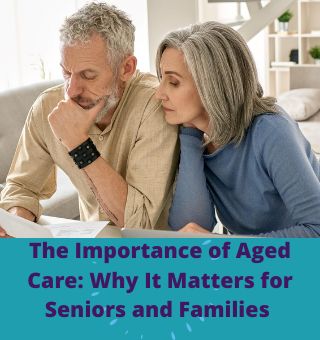If you are a senior citizen, there is a good chance that you are either already living in a nursing home (aged care home) or will need to do so at some point in the future. Nursing homes can be a great place for seniors who need assistance with their day-to-day activities, but they can also be quite expensive.
In many cases, the cost of nursing home care exceeds the amount of money that the elderly person has saved up over the years. This can create some difficult financial decisions for family members who are responsible for their loved ones’ care. One question that often comes up is this: Can a nursing home take all of your assets?
The answer to this question is NO. A nursing home cannot simply seize all of your assets. However, there are certain circumstances under which you may be forced to sell your properties, such as your home, in order to pay for nursing home care. In general, these situations arise when the cost of your care is not covered by some form of financial assistance.
Nursing Home vs Assets Risk
If you are facing the prospect of having to sell your assets to pay for nursing home care, there is a government financial support program in Australia that can help. The Financial Hardship Assistance Program provides financial assistance to people who are unable to pay their caring home fees. There are a number of eligibility criteria that must be met in order to qualify for this assistance, but it is worth exploring if you are struggling to pay your fees.
The bottom line is this: While a nursing home cannot take all of your assets, there are certain circumstances under which some of your property may need to be sold in order to help pay for your care. This is a difficult situation that no one wants to face, but it is important to know that you have options available to you. If you find yourself in this situation, it is important to seek advice from an expert.
The best way to protect your assets and prevent having to sell them to pay for nursing home care is to plan ahead, even before you reach retirement age. Speak with a financial adviser about your options and make sure you are taking steps to protect your assets. With proper planning, you can ensure that your assets will be there for you when you need them most.





